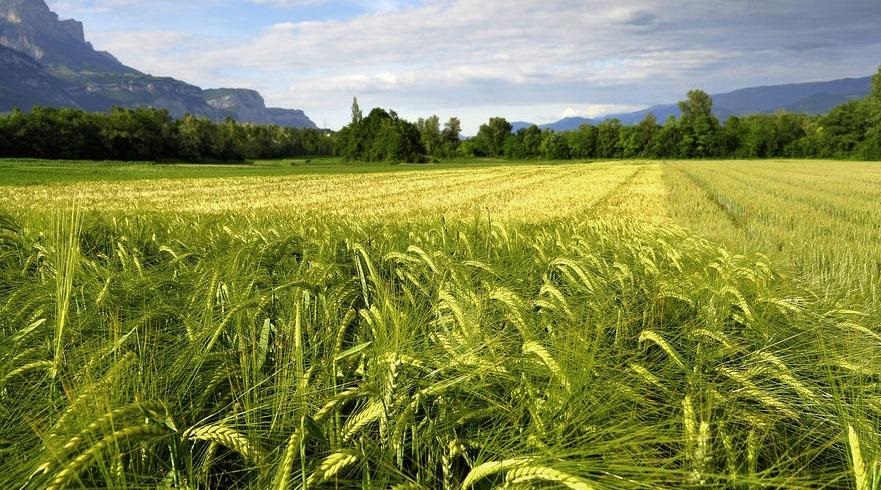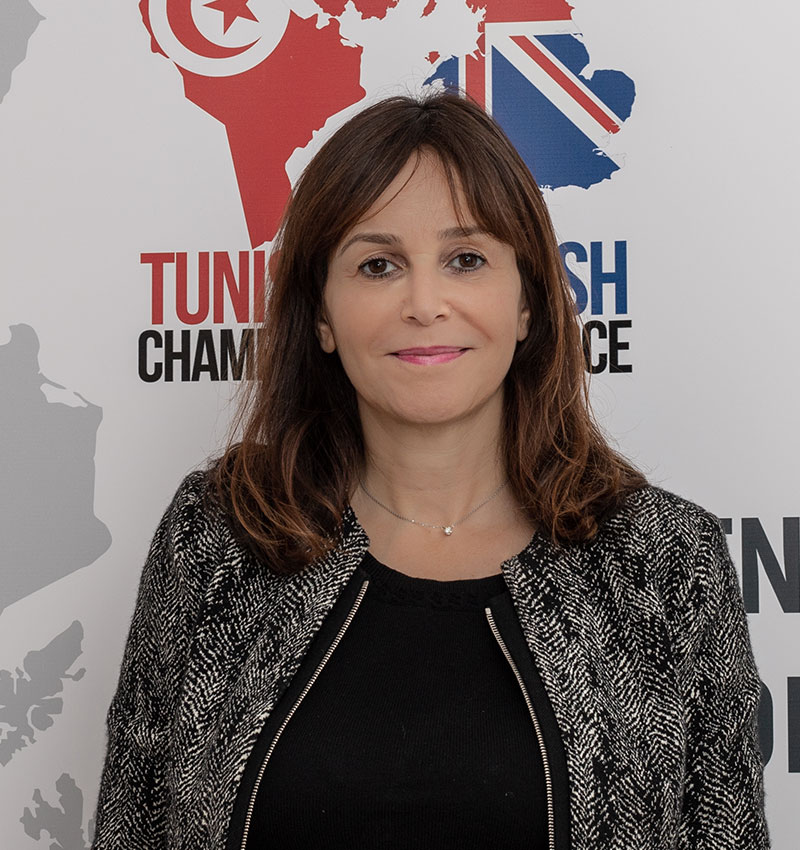
The African Development Bank and the United Kingdom announced the selection of the inclusive and sustainable development project for the cereal sector in Tunisia, as a normative project within the framework of the Room to Run R2RS sovereign transaction.
Approved in July 2023, this cereal sector project in Tunisia will strengthen the resilience of the cereal sector to external shocks and climate change. The project will benefit 250,000 cereal farmers in the country, strengthening their food security and self-sufficiency. It is estimated that up to $35 million of the Bank’s $87 million financing for the climate adaptation component of the loan was released through the UK government guarantee, increasing the overall lending capacity of the bank.
Room to Run Sovereign, announced at COP26 in November 2021, is an innovative and highly scalable balance sheet optimization operation that helps the African Development Bank lend more funds for critical climate change projects. Under R2RS, a $2 billion guarantee is provided by the UK government ($1.6 billion cover) and City of London insurers ($400 million). By assuming part of the credit risk exposure on part of the African Development Bank’s sovereign portfolio, R2RS enables the Bank to provide up to $2 billion in additional climate finance to Africa by 2027, divided between adaptation and mitigation.
…
FCDO Minister for International Development and Africa, Andrew Mitchell, said, “This project will make a huge difference to the sustainability of food production for millions of people in the country, which is at grappling with the adverse effects of prolonged drought.
Malinne Blomberg, Deputy Director General for North Africa and Country Director for Tunisia, said: “Faced with increasing water stress in North Africa, which affects national agricultural production, and the global price crisis of cereals, which affects imports, we appreciate the inclusion of the climate-resilient PADIFIC cereals project in Tunisia in the R2RS portfolio, as it allows the Bank to further increase its support for similar critical climate-related interventions.” The project is part of national efforts to strengthen food security resilience and intervenes throughout the cereal value chain, including storage and transport systems, with the aim of increasing both production volumes and productivity.
Source : African Manager


















